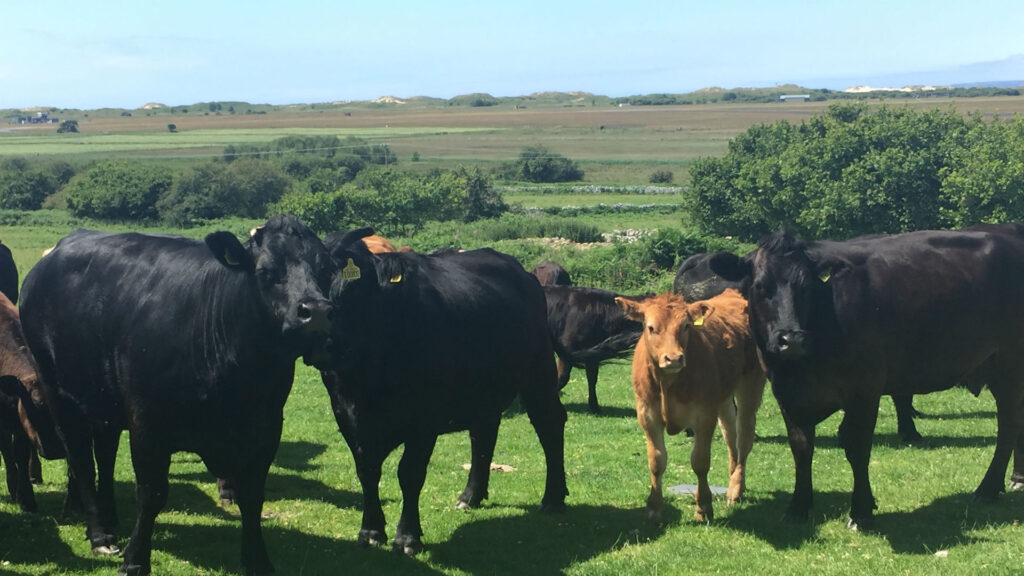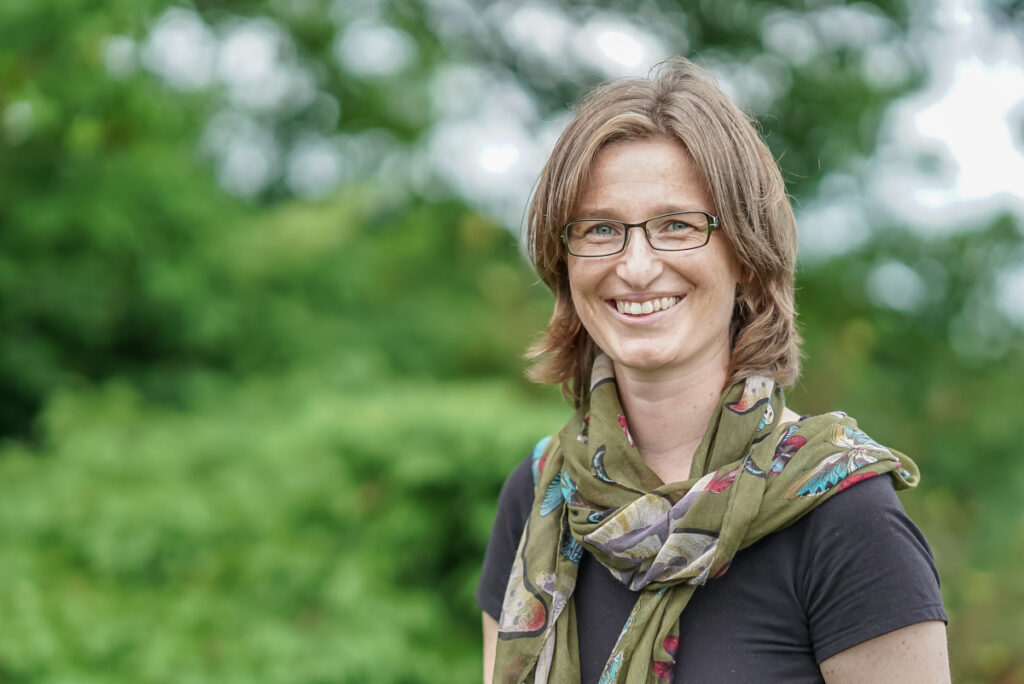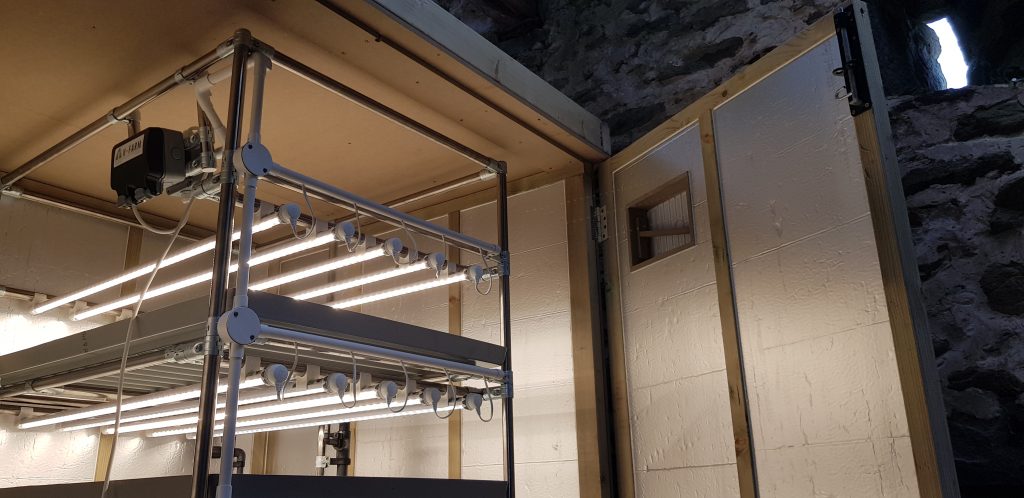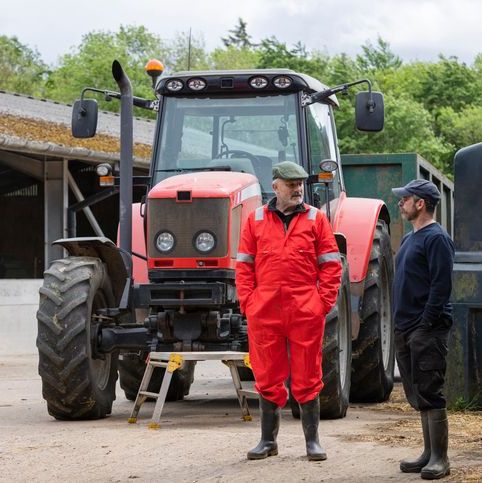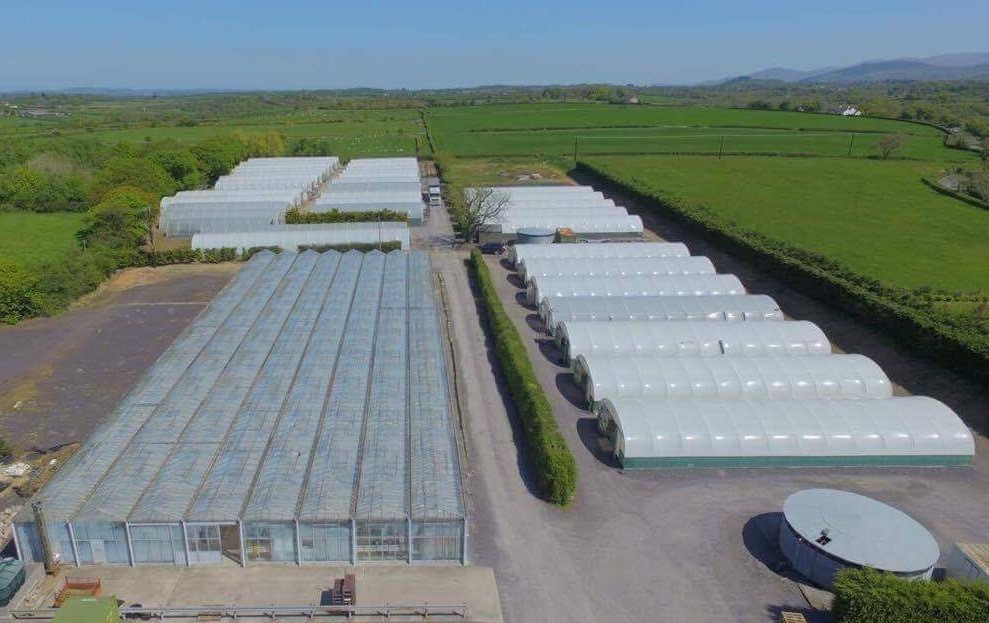On the 9th July the Welsh Government published the ‘Sustainable Farming and Our Land Consultation’.
This latest consultation is the successor to the Brexit and our land published in 2018, setting out in 151 pages how they may choose to support farmers after Brexit. Indeed, it is death by paper. But what actually do we know from reading this? Let’s find out…
BPS will be replaced with a shiny new scheme, the Sustainable Farming Scheme (SFS) and within this new scheme will be to branches;
1) The Sustainable Farming Payment and;
2) Business Support
To enter into this scheme the farmer will need a farm sustainability review, which will be prepared with assistance of an adviser. Once this review has been made, it essentially unlocks the SFP and the business support. Expressions of Interests similar to Glastir applications will need to be made.
Sustainable Farming Payment
Summary of the proposals are as follows;
- Annual meaningful income replacing BPS and Glastir which will be over and above income foregone.
- Multi-year contracts awarded; we may not need to submit annual applications.
- Expressions of Interests and Farm Reviews will need to be carried out.
- Payments will only be made to outcomes that are not rewarded by market. Farm produce have a market and will not be supported. Air quality improvement does not have a current market and as such will be supported by this scheme.
Business Support
The second element, the business support does exactly that, it is proposed to offer financial and practical support for farms. The Welsh Government propose to increase support from resources such as Farming Connect.
The Transition to the Sustainable Farming Scheme
A multi-year transition period is proposed, however because of the uncertainty surrounding Brexit Welsh Government are unable to commit to a specific time period. In short, they don’t know.
However, the options are;
Option A – a gradual and phased transition, reducing BPS payment over a period of time to release funds into the new scheme
Option B – enrolment, any farmer wishing to enter into the new scheme would have to enroll during a multi-year enrolment period. The contracts would then commence at the end of the enrolment period and the BPS would end.
Option C – staged enrolment, Welsh Government would select a category of farms according to size, location, enterprises for example until all farms wanting to do so will be in the scheme. BPS would end once the farm has been entered into the scheme.
The proposals in the consultation suggests a significant change to how the Welsh Government supports Welsh Farmers. They have pledged to support Welsh Farmers and we hope that they honor this proposal.
Given the uncertainty surrounding Brexit, and despite a 151-page consultation we have no detail on the payments or the contract length. We are unconvinced about how the Welsh Government can make a commitment to provide meaningful income for farmers without knowing this detail.
This consultation ends on the 30th October. Now is the time to make your voice heard, do not wait until the scheme is a done deal. Please respond to the consultation with your thoughts and comments here; https://gov.wales/node/22870/respond-online. Baileys and Partners will be responding on behalf of Welsh clients, please do get in touch.
As said by the former US President in 1956;
“Synthetic farmers behind Washington desks who love to tell real farmers what to do and how to do it. You know, farming looks mighty easy when your plough is a pencil, and you’re a thousand miles from the corn field”. This quote couldn’t ring truer than it does today.

